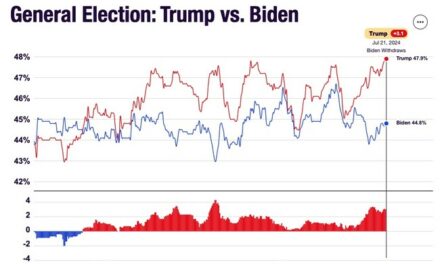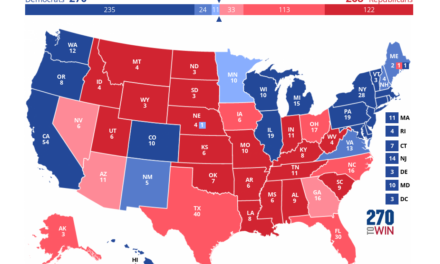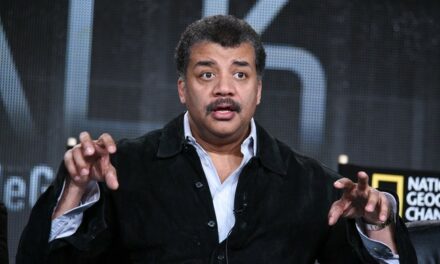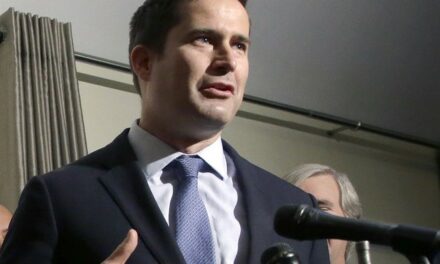We support our Publishers and Content Creators. You can view this story on their website by CLICKING HERE.
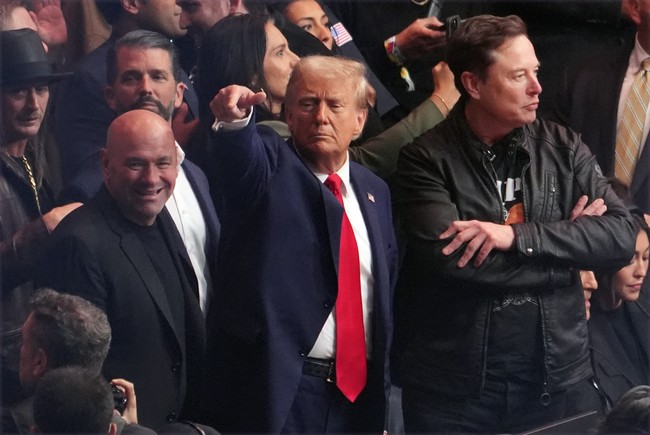
Fact check: True, at least on paper. And conservatives may not like the implications of it, either. In fact, they may wonder just what Donald Trump plans to disrupt.
Advertisement
To some extent, the decisions on Cabinet appointment reflect the kind of normal quid pro quo of assembling a winning electoral coalition. And to a larger extent, the differences between these picks and the mainstream of Republican thought may either be overstated or old news. But still, as Axios notes, at first blush it looks very, um … diverse:
Why it matters: Lost in the noise of Trump’s most controversial picks is the simple, undebatable fact that this might be the most ideologically diverse cabinet of modern times.
Of all these, the most concerning is Kennedy at HHS. Clearly, Trump owes Kennedy a significant position for his decision to close down his own presidential bid and endorse Trump. That is how politics is played in any form of democracy, whether parliamentary or federalist. Had Trump put Kennedy at the FDA, where Kennedy’s interest seems most focused, the issue would not have been nearly as acute for Trump’s pro-life crowd.
As Secretary of HHS, though, Kennedy wields enormous power through enabling statutes that leave massive amounts of regulatory discretion in health care in his hands. Kennedy may take care not to cross up Trump’s big pro-life constituencies, but that risk is clearly present. Will we go back to forcing Catholic nuns to pay for birth control? End religious conscience protections and force providers to perform abortions? Those are not academic questions, and those are not the only risks.
Advertisement
All of the above applies to Chavez-DeRemer at Labor, too. This is a payback for Sean O’Brien’s support lending Trump real credibility with union workers, arguably one of the key reasons Trump won the election — even more than RFK’s contribution. Thus, labor has to get a seat at the Cabinet table to keep that support locked into place, but … this is going to create conflict and friction, and not just with traditional conservatives. Chavez-DeRemer will create headaches for small businesses and independent contractors who also voted for Trump, unless Trump keeps her on a tight leash.
But still, these are the wages of Big Tent Politics. We should have expected at least some of these concessions to the newer factions within the GOP coalition, especially if we want that coalition to survive past Trump’s term in 2028.
As for the other examples, those seem less of an issue. Gabbard’s issue isn’t partisan but ideological, for instance. Calling her a Russia asset is an absurdity, but Gabbard embraces a kind of isolationism that has blinded her in the past to the malevolence of Bashar al-Assad and Vladimir Putin, albeit years ago. That kind of blindness at ODNI could be fatal, as in literally fatal for Americans. The question isn’t espionage or loyalties, but intellectual flexibility and focus. Bessent is even less of a problem; he’s all in now on Trump’s economic policies.
The focus on “diversity” is amusing, in the political sense, as Axios offers a subtle dig at Joe Biden and Barack Obama as well as the Left in general with that framing. But that framing misses the real point. This isn’t Trump’s “Team of Rivals,” in the Abraham Lincoln sense. This is Trump’s “Team of Outsiders” — a solid and unified set of disruptors in every area of government. Contrast this with Trump’s first term, when he came into Washington DC as a novice and relied on GOP establishment figures to “drain the swamp.” Every single figure in this new Cabinet are people with axes to grind against the establishment, the entrenched bureaucracy, the Deep State — whatever nomenclature you prefer.
Advertisement
This is a Cabinet designed to really drain swamps. Will it succeed? We’ll see soon enough, but if it does, don’t expect many more salutes to Trump’s “diversity” efforts.

 Conservative
Conservative  Search
Search Trending
Trending Current News
Current News 